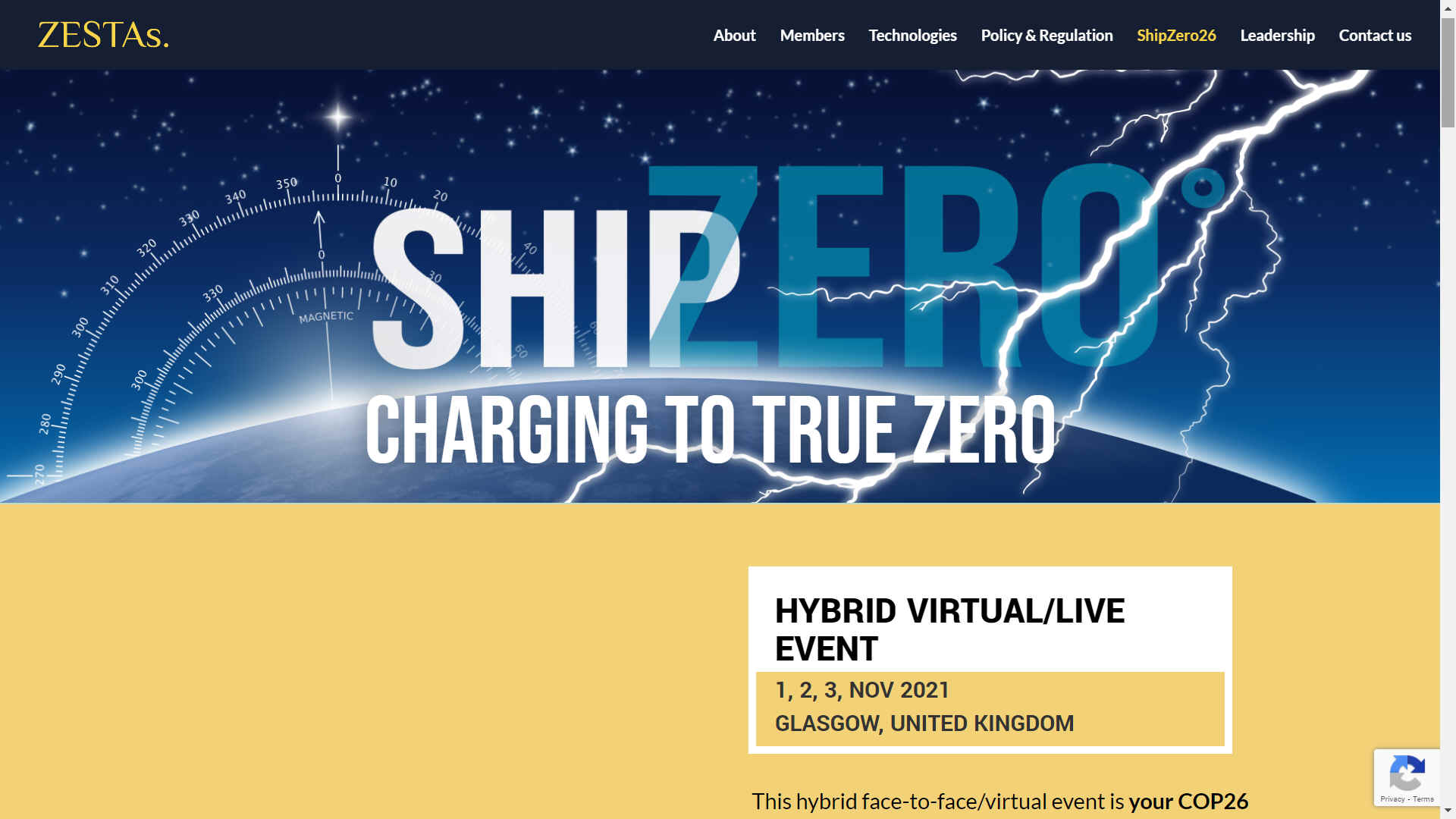|

IMO Carbon Taxes
- Numerous proposals for a worldwide tax on CO2 emissions have been called for by IMO member states and shipping industry actors. While only member states can submit their proposals to the IMO, industry actor announcements may influence member state proposals.
Marshall Islands and Solomon Islands proposed a mandatory and universal $100/ton
CO2 equivalent (CO2e) charge on shipping companies by 2025. The majority of funds would go towards climate vulnerable countries, such as SIDS, while another portion would go towards subsidising R&D and deployment of low-carbon technologies and fuels.
If the proposed levy were applied to all ships it would raise $91.9bn per year based on 2018 emissions levels. Adverse side-effects would be compensated for using revenues from the new levy. Source: Informa UK Limited
Funds from the levy would be allocated in the following manner:
51% to Green Climate Fund
33% to International Maritime Research Fund (IMRF)
16% admin costs.
Mærsk Mc-Kinney Møller called for a $150/ton CO2 tax on shipping fuel. They plan for tax to be implemented at about $50/ton in 2025, then increasing to at least $150/ton in later years. Money raised from the tax would be used to subsidize clean fuels, and, to support developing countries. – Source: Bloomberg –
Trafigura called for a $250 to $300/ton CO2 equivalent (CO2e) tax (or ‘partial feebate’) on shipping fuel that has a CO2e well-to-wake intensity above an agreed benchmark level. Concurrently, when a fuel is used that has a CO2e intensity below the benchmark, a subsidy is awarded. Revenue would be used mostly for subsidies, with further funds going to R&D for zero- and low-emission fuels and supporting climate change mitigation in Small Island Developing States (SIDS). – Source: Trafigura –
|
|
ZESTAs is an international trade association of global game-changers developing true zero emission ship technologies. The association is a bold voice impacting industry, legislation and regulation to uptake true zero emission ship technologies and fuels.
90% of goods traded are transported by ship. If shipping were a country it would be the 4th largest GHG polluter. The Paris Agreement will not be achieved unless the shipping industry urgently makes cohesive and aggressive headway towards true zero°.
‘Ship ZERO°: Charging to True Zero°’ brings together innovators, thought leaders, regulators and first movers from the shipping and energy sectors to pinpoint collaborative development opportunities and identify pathways to enabling large-scale deployment of true zero
technologies.
This high-profile event is an unprecedented opportunity to engage with leading international disruptors, aligning your brand with real-world solutions for mitigating and eliminating the climate impacts of commercial shipping.
What will ‘Ship ZERO°’ deliver?
‘Ship ZERO°’ will chart a course to true zero emissions using the waypoints of existing technologies and innovations, combining perspectives and experiences from a wide range of industry stakeholders to plot a course through the stormy seas of regulation, finance, new technological developments and fuel uncertainty. The deliverable will be a collaborative and interactive navigational chart (‘Charging to True Zero°’), to be shared with
COP26 delegates, shipping and energy industry stakeholders as well as being delivered to the
IMO, in both written report and film formats.
|
|
SHIP ZERO EVENT COP 26
AGENDA - DAY 1 -3
The SHIP ZERO 26 workshop will examine combining zero-emissions technologies and design features, along with how regulations, classification, logistics, finance, insurance, and other factors interact with each other to impact shipping's voyage to True Zero emissions.
The opening Keynote will be delivered by Peter Thompson, Ambassador to the United Nations for Fiji as well as the UN Secretary General’s Special Envoy for the Oceans.
Headline Ship Zero speakers include:
• Poseidon Principles Chair, Michael Parker and Vice Chair, Paul Taylor
• IMO Intersessional Working Group on Greenhouse Gases Chair, Svienung Oftedahl
• Wilhelmsen New Energy AS Head of Shipping and Technology, Tomas Tronstad
• International Chamber of Shipping Deputy Secretary General, Simon Bennett
Click here to see the full
agenda.
The outcomes of the workshop will be:
1. White paper to be delivered to ministers ahead of COP “transport day”
2. Interactive Navigational “Chart to True Zero”
3. Programme of actions to implement the “Chart to True Zero”
4. Event documentary film “Charging to True Zero”
If you are unable to attend our event in-person, you can register to attend virtually
here.

Online Registration for The Spotlight Series
conference options:
- Ship Zero 3 Day Conference @£60.00 + VAT @20%
- Offshore Wind 2 Day Conference @£50.00 + VAT @20%
- Early Bird Ticket @£150 + VAT @20% (See above for details)
SHIP ZERO will be the first ever shipping event to align with the IPCC “very low emissions scenario” by not contemplating the use of fossil fuels or any GHG-emitting fuel or technology.
The workshop will kick off the 2-week Marine Sustainability Forum at the COP26, being held at Glasgow's South Rotunda on the River Clyde, just five minutes’ walk away from the main COP 26 Blue Zone.
Prices are as follows:
£550 for the full 3 days.
£450 for 2 days
£250 for one day.
£75 for Gala dinner “Burns Supper”
All prices are ex VAT. Details of Passport or Driving Licence is required from all registrants as
a security measure, given the close proximity to the official #cop26 zones. Please note, these details are not backed up nor shared with any other parties and will be deleted post the event. These particular details are requested as additional security measures to ensure there are no false or bogus registrations.
Click here to go to the Malin Spotlight Series registration
form.
SHIP ZERO EVENT COP 26
AGENDA - DAY 1 -3

ZESTA
CONTACT
Madadh MacLaine, Secretary General
Zero Emission Ship Technology Association (ZESTAs)
Email: madadh.maclaine@zestas.org
|
|

PUSHING
THE BOUNDARIES OF SCIENCE - SOLAR
+ ROTARY
SAIL COMBO:
Solar power is a proven means of traversing the oceans, but slowly. We aim
to improve the conversion efficiency from sun and wind to propulsive
thrust - using a revolutionary hull design. Wind power is also a proven
technology, but again, with disadvantages. Sails cannot load-level. A
rotary sail (turbine) does so by generating electricity and storing it in the
latest batteries, with hydrogen
hybrid potential. What setup is the most efficient overall? As an
experimental vessel, the design is modular, to allow bolt-on modification
to the rig for ZEWT
progression, a subject for COP26
perhaps, or COP27, etc., as the project gathers momentum.
|



